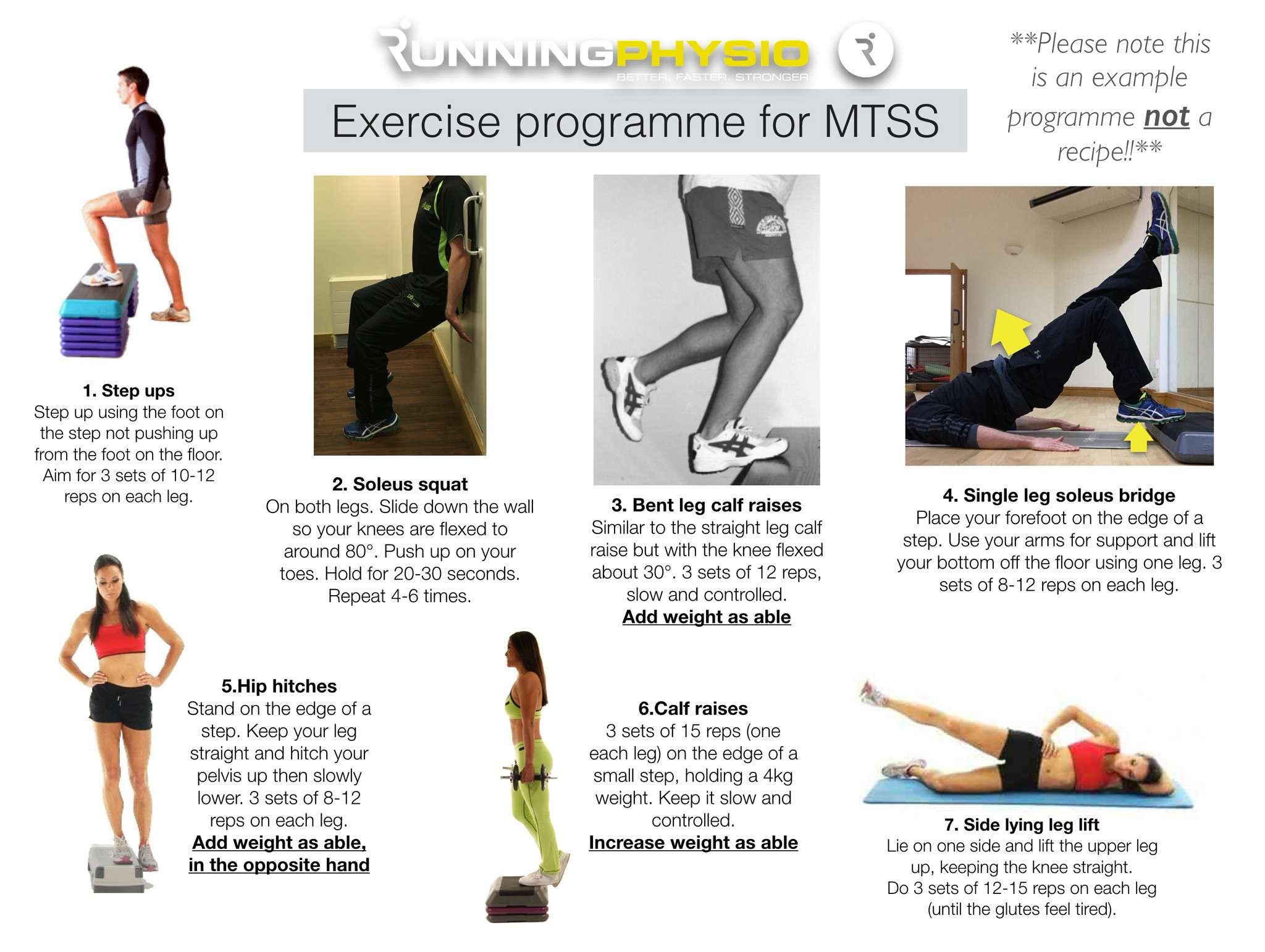How Much Do Counseling Psychologists Make?
FIND SCHOOLS
1
2
3
4
!- mfunc search_box_body -><!- /mfunc search_box_body -><!- mfunc feat_school ->
!- /mfunc feat_school ->
According to the American Psychological Association (APA), counseling psychology is a general practice and health service provider specialty. It focuses on how patients function in their personal lives and relationships. (APA.org)
Counseling psychologists deal with the social, work, emotional, school, and physical health problems that people may have during their lives. These psychologists, usually with a Ph.D. or Psy.D. degree, help patients with mental, emotional and/or physical health issues to enhance their feeling of well being, reduce feelings of distress and resolve personal crises.
The APA notes the most common problems addressed by counseling psychologists are:
- Work and school adjustment issues
- Making good decisions about work and career, and how to deal with transitioning from school to work, and from work to retirement.
- Marriage problems and difficulties with children
- How to manage stress and handle negative life events
- How to deal with personal and social adjustment with growing up
- Mental health disorders such as anxiety, depression and eating disorders
Some of the skills and procedures you will use in counseling psychology include:
- Counseling and psychotherapy for individuals, families and groups
- Trauma management, crisis intervention and handling of disasters
- Assessment methods to diagnose psychological disorders
- Programs that inform and educate the public about issues about mental health, family, relationships and the workplace.
- Training and clinical supervision
- Test validation and construction
To work in the popular counseling psychology profession, you need to earn your Ph.D. or Psy.D. degree (See PsyD vs Ph.D.) to practice independently and to hold many of the best-paying psychology positions. Below is more information about the salary you can expect as a counseling psychologist.
Counseling Psychologist Salary Information
One of the best data sources for psychologist salary information is the Bureau of Labor Statistics or BLS. This official government source states the median salary for all psychologists was $79,000 in 2018. The top 10% earned $129,200, which generally requires a Psychology doctoral degree and many years of counseling work experience. For counseling psychologists, the reported salary is $76,990. (BLS.gov)
Also, median annual salaries for all psychologists were:
Median salaries by industry for psychologists were:
- Government: $96,400
- Hospitals: $86,500
- Ambulatory healthcare services: $79,100
- Elementary and secondary schools: $75,800
APA.org
APA reports the median salary for all psychologists in a 2015 survey was $85,000. Counseling psychologists also had a median salary of $85,000. Psychologists with a Ph.D. had an $85,000 salary, while holders of a Psy.D. earned a median of $75,000. (APA.org)
APA also states that psychologists in professional services earn $85,000, while those in research positions earn $95,000. Psychologists in management positions earn $110,000.
Payscale.com
Payscale.com reports the average salary for counseling psychologists is $56,774, with a range of $34,000 to $88,000. (Payscale.com)
This website also states the following differences in pay for counseling psychologists by city:
- Los Angeles: +23%
- New York City: -12%
- Chicago: -12%
- Washington DC: -31%
<!- mfunc search_btn ->
!- mfunc search_btn -><!- /mfunc search_btn ->
Ziprecruiter.com
This website states the average salary across the country for counseling psychologists is $85,777. The range is between $21,000 and $159,000. The site notes most counseling psychologist salaries fall between $54,500 and $101,000 per year. (Ziprecruiter.com)
Average Counseling Psychologist Salary by State
StateHourly WageAnnual SalaryNew York$45.85$95,360Massachusetts$45.41$94,458Washington$45.10$93,799New Hampshire$44.20$91,930Hawaii$43.62$90,720Maryland$42.09$87,540Connecticut$42.07$87,512North Dakota$41.80$86,938Alaska$41.80$86,938Wyoming$41.80$86,938Montana$41.80$86,938Nevada$41.80$86,938Idaho$41.80$86,938Rhode Island$41.73$86,800Vermont$41.50$86,329Nebraska$41.45$86,219California$41.09$85,469Virginia$40.91$85,089Kentucky$40.09$83,377South Dakota$39.99$83,180New Jersey$39.90$83,000West Virginia$39.86$82,899Pennsylvania$39.66$82,498South Carolina$39.46$82,071Minnesota$39.42$81,996Oregon$39.33$81,798Delaware$39.32$81,787Tennessee$39.29$81,729Colorado$39.27$81,677Ohio$39.01$81,140Wisconsin$38.92$80,946Arizona$38.84$80,778Kansas$38.67$80,429Utah$38.65$80,394Indiana$38.59$80,260Oklahoma$38.53$80,133Maine$38.39$79,846Louisiana$38.23$79,522Iowa$37.84$78,703Georgia$37.46$77,926Texas$37.03$77,031New Mexico$36.95$76,864Michigan$36.86$76,669Arkansas$36.83$76,613Illinois$36.63$76,196Alabama$36.59$76,103Mississippi$36.22$75,332Missouri$36.13$75,156Florida$35.31$73,447North Carolina$33.62$69,937Ziprecruiter.com June, 2020
Job Outlook for Counseling Psychologists
The Bureau of Labor Statistics data shows demand for counseling and other psychologists will rise by 15% through 2028. This is much faster than average when compared with all occupations.
Jobs for counseling and clinical psychologists should increase because of higher demand for psychology services in hospitals, mental health centers, and social service centers. More psychologists are needed to offer services to aging Americans and help older Americans deal with physical and mental changes that occur with age. (BLS.gov)
SEE ALSO: Counselor Education Degree vs. Counseling Psychology
It also is worth looking at the field of marriage and family counseling; many professionals with a Ph.D. degree in counseling psychology become a marriage and family counselor. This field will see a 22% increase in jobs by 2028. Growth is occurring from the use of integrated care, which is treating several medical or mental health problems at once by a group of specialists.
Marriage and family counselors work with other counselors, such as those with skills in substance abuse, behavior disorder etc. to provide the best results for the patient.
<!- mfunc search_btn ->
Summary
!- mfunc search_btn -><!- /mfunc search_btn ->
The career field of psychology is one of the fastest-growing in the country. More Americans are going to psychologists and counselors to work through their mental health and personal problems. They are living healthier and longer lives, and want to have their mental health issues addressed so they can live the best life possible.
Because of the rising demand for counseling psychologists, the salary you can expect with a doctoral degree is rising. With a Ph.D. you should be able to earn at least $65,000 per year when you start working. With enough experience, you can easily make $125,000 or more, depending on where you work and the size of your private practice.
<!- mfunc feat_school ->
!- /mfunc feat_school ->
:max_bytes(150000):strip_icc()/the-9-highest-paying-psychology-careers-2794940-01-edaeb954b41f4735a81a1385e5245cde.png)
Verywell / JR Bee
Psychology can be a high-paying job, but it is important to recognize that there is tremendous diversity among psychology professions, and salaries and yearly earnings are just as varied. In a struggling economy, many students have turned their interest toward some of the highest-paying careers in psychology. The highest paying psychologist career salaries average around $167,000.
While many psychology careers have a higher than average yearly salary, it is important to remember that actual income depends upon various factors, including geographic location, employment sector, educational background, and years of experience.
Learn more about some of the highest-paying psychology careers, the typical salaries for such professions, and the educational requirements for entering these fields.
What Psychologists Do
About this section

Industrial-organizational psychologists apply psychological research and methods to workplace issues.
Psychologists study cognitive, emotional, and social processes and behavior by observing, interpreting, and recording how people relate to one another and to their environments. They use their findings to help improve processes and behaviors.
Duties
Psychologists typically do the following:
- Conduct scientific studies of behavior and brain function
- Observe, interview, and survey individuals
- Identify psychological, emotional, behavioral, or organizational issues and diagnose disorders
- Research and identify behavioral or emotional patterns
- Test for patterns that will help them better understand and predict behavior
- Discuss the treatment of problems with clients
- Write articles, research papers, and reports to share findings and educate others
- Supervise interns, clinicians, and counseling professionals
Psychologists seek to understand and explain thoughts, emotions, feelings, and behavior. They use techniques such as observation, assessment, and experimentation to develop theories about the beliefs and feelings that influence individuals.
Psychologists often gather information and evaluate behavior through controlled laboratory experiments, psychoanalysis, or psychotherapy. They also may administer personality, performance, aptitude, or intelligence tests. They look for patterns of behavior or relationships between events, and they use this information when testing theories in their research or when treating patients.
The following are examples of types of psychologists:
Clinical psychologists assess, diagnose, and treat mental, emotional, and behavioral disorders. Clinical psychologists help people deal with problems ranging from short-term personal issues to severe, chronic conditions.
Clinical psychologists are trained to use a variety of approaches to help individuals. Although strategies generally differ by specialty, clinical psychologists often interview patients, give diagnostic tests, and provide individual, family, or group psychotherapy. They also design behavior modification programs and help patients implement their particular program. Some clinical psychologists focus on specific populations, such as children or the elderly, or on certain specialties, such as neuropsychology.
Clinical psychologists often consult with other health professionals regarding the best treatment for patients, especially treatment that includes medication. Currently, only Idaho, Illinois, Iowa, Louisiana, and New Mexico allow clinical psychologists to prescribe medication to patients.
Counseling psychologists help patients deal with and understand problems, including issues at home, at the workplace, or in their community. Through counseling, these psychologists work with patients to identify their strengths or resources they can use to manage problems. For information on other counseling occupations, see the profiles on marriage and family therapists, substance abuse, behavioral disorder, and mental health counselors, and social workers.
Developmental psychologists study the psychological progress and development that take place throughout life. Many developmental psychologists focus on children and adolescents, but they also may study aging and problems facing older adults.
Forensic psychologists use psychological principles in the legal and criminal justice system to help judges, attorneys, and other legal specialists understand the psychological aspects of a particular case. They often testify in court as expert witnesses. They typically specialize in family, civil, or criminal casework.
Industrial–organizational psychologists apply psychology to the workplace by using psychological principles and research methods to solve problems and improve the quality of worklife. They study issues such as workplace productivity, management or employee working styles, and employee morale. They also help top executives, training and development managers, and training and development specialists with policy planning, employee screening or training, and organizational development.
Rehabilitation psychologists work with physically or developmentally disabled individuals. They help improve quality of life or help individuals adjust after a major illness or accident. They may work with physical therapists and teachers to improve health and learning outcomes.
School psychologists apply psychological principles and techniques to education disorders and developmental disorders. They may address student learning and behavioral problems; design and implement performance plans, and evaluate performances; and counsel students and families. They also may consult with other school-based professionals to suggest improvements to teaching, learning, and administrative strategies.
Some psychologists become postsecondary teachers or high school teachers.



